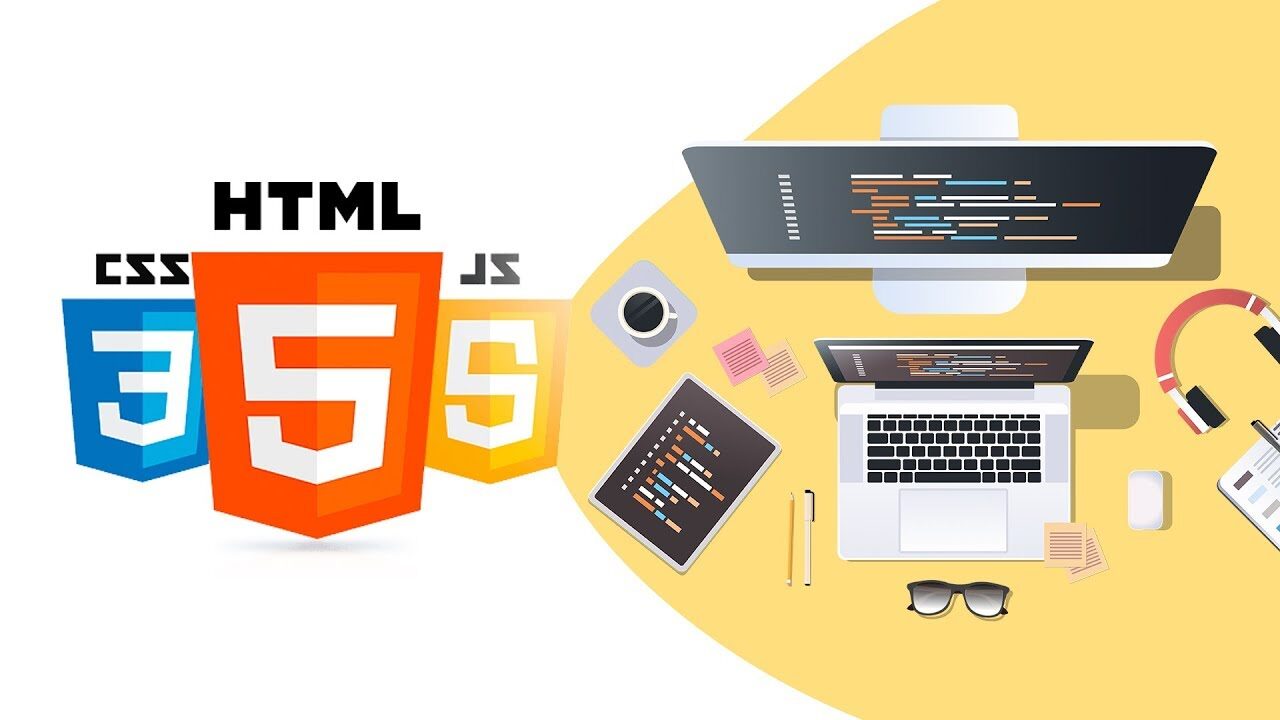Learning to code is an exciting journey, but it comes with its share of challenges, especially for programming for beginners. Many novices stumble along the way, often repeating common mistakes that can hinder their progress. By understanding these pitfalls and learning how to avoid them, you can streamline your path to becoming proficient in coding. This article highlights five frequent mistakes beginners make and provides actionable advice to help you overcome them.

Mistake 1: Skipping the Basics
One of the most common mistakes is skipping the foundational concepts in favor of diving straight into complex topics. Whether you’re interested in Python programming, JavaScript programming, or web development, mastering the basics is crucial for building a strong coding foundation.
How to Avoid It
- Follow a Structured Learning Path: Enroll in programming courses designed for beginners. These courses typically cover fundamental concepts and gradually introduce more complex topics.
- Utilize Coding Tutorials: Engage with coding tutorials that start with the basics and progress to advanced topics. Platforms like Codecademy and freeCodeCamp offer structured paths that ensure you grasp the core concepts before moving forward.
Mistake 2: Not Practicing Enough
Another frequent mistake is not dedicating enough time to practice coding. Simply reading about programming languages or watching videos is not enough; hands-on practice is essential for reinforcing your knowledge and improving your skills.
How to Avoid It
- Work on Small Projects: Apply what you’ve learned by building small projects. Start with simple tasks and gradually take on more complex challenges as you gain confidence.
- Use Online Coding Platforms: Websites like LeetCode and HackerRank provide practice problems and coding challenges that help you apply your skills and track your progress.
Mistake 3: Failing to Debug Effectively
Debugging is an integral part of learning to code, yet many beginners struggle with it. Not knowing how to effectively troubleshoot errors can lead to frustration and slow progress.
How to Avoid It
- Learn Debugging Techniques: Invest time in learning debugging tools and techniques relevant to your chosen programming languages. Understanding how to use integrated development environments (IDEs) and debugging tools can make troubleshooting easier.
- Break Down Problems: When encountering an error, break down the problem into smaller parts. This approach can help you isolate the issue and find a solution more effectively.
Mistake 4: Neglecting Code Readability
New coders often overlook the importance of writing clean, readable code. Writing messy or poorly organized code can make it difficult to understand, maintain, and debug.
How to Avoid It
- Follow Best Practices: Adhere to coding standards and best practices for readability. This includes using meaningful variable names, proper indentation, and commenting on your code.
- Review and Refactor Code: Regularly review and refactor your code to improve its clarity and organization. This practice helps you develop better coding habits and creates a more professional portfolio.
Mistake 5: Ignoring Continuous Learning
Technology and programming resources are constantly evolving. Many beginners make the mistake of stopping their learning process after completing initial courses or projects.
How to Avoid It
- Stay Updated: Keep up with the latest trends and advancements in programming languages and technologies. Follow industry blogs, attend webinars, and participate in online coding communities.
- Pursue Advanced Learning: Once you have a solid foundation, consider enrolling in advanced programming courses or a coding bootcamp to deepen your expertise and explore new areas.

Learning to code can be a challenging yet rewarding experience. By avoiding common mistakes and adopting effective strategies, you can enhance your coding journey and build a strong foundation for your future in technology. Start by focusing on the basics, practicing regularly, mastering debugging, writing clean code, and committing to lifelong learning. With dedication and the right approach, you’ll be well on your way to becoming a skilled coder.
Remember, every programmer faces challenges and makes mistakes. The key is to learn from them and continuously improve. By applying these tips, you can navigate the coding landscape more effectively and achieve your goals.



